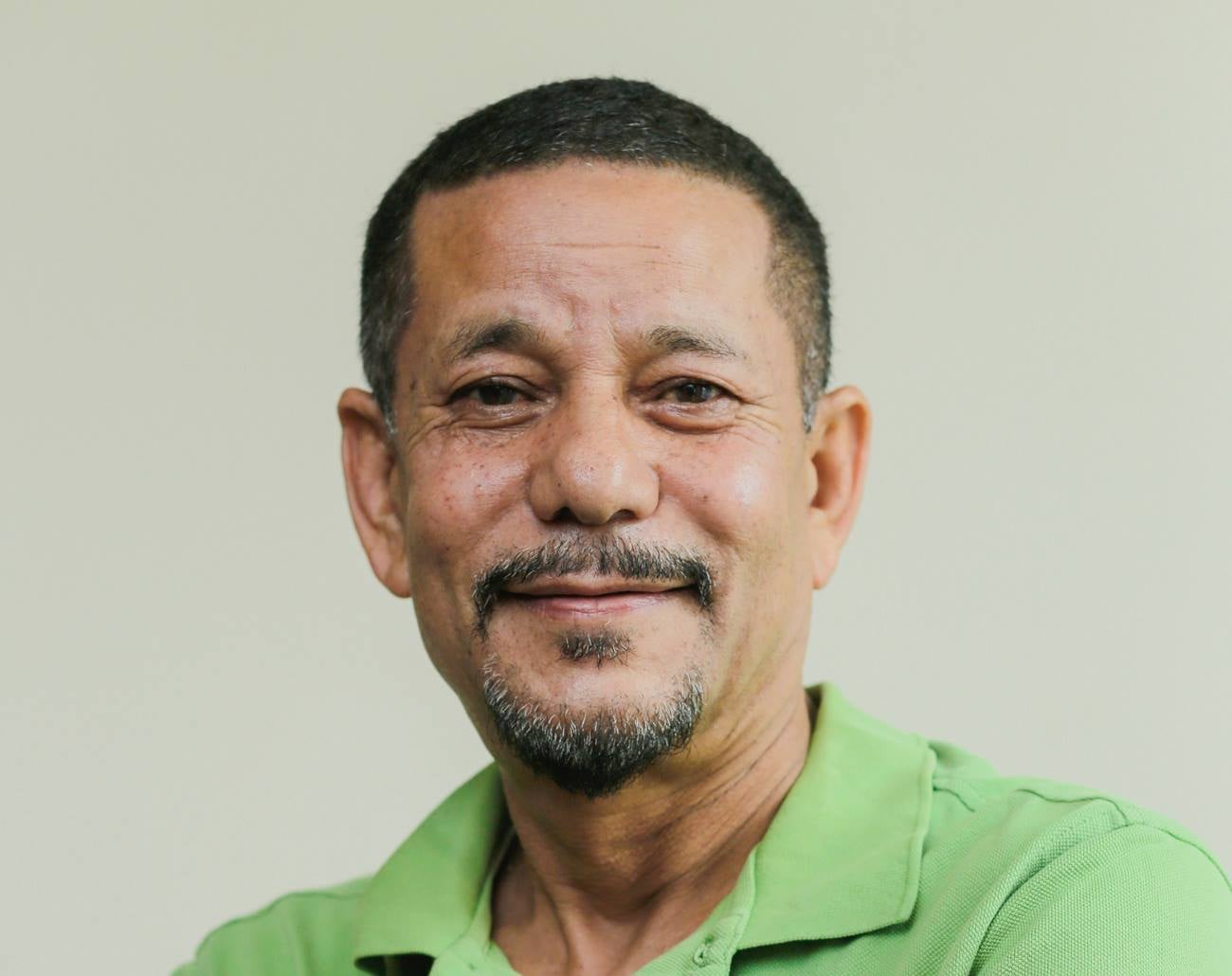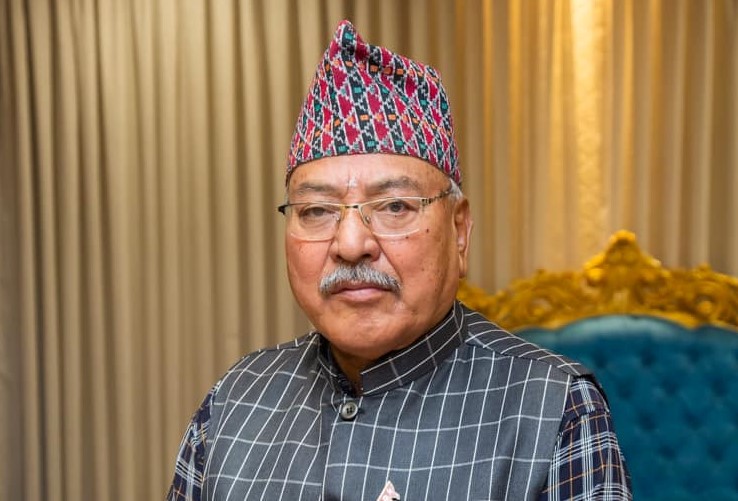With just days to go for the May 13 local elections, candidates have ramped up their campaigns in all 753 local units across the country. The race for the mayor of Kathmandu Metropolitan City is particularly charged. Kathmandu’s voters want a competent leader, someone who can tackle everything from waste management to traffic congestion to poor service delivery. So who is the right person to lead the metro? Here is your guide to the strengths and weaknesses of top contenders for the post.
Balen Shah
· Independent candidate
· Born on 27 April 1990 in Kathmandu
· Graduate in civil engineering, post-grad in structural engineering

Strength |
Weakness |
Is strongly backed by the youth |
Lacks experience in politics |
Has clear agendas and is an appealing speaker |
Accused of using insensitive words against LGBTIQA+ community as a rapper |
Technically savvy and has worked with various local units in post-earthquake reconstruction |
Has little appeal among middle-aged and elderly voters |
Can work long hours |
As an independent candidate, his election campaign pales in comparison to those of candidates from political parties, reducing his reach |
Comes from non-political background and can work without any political influence |
May not be able to collaborate and cooperate with political parties’ representatives |
Keshav Sthapit
· CPN-UML
· Born on 14 September 1959 in Kathmandu
· Under-Grad in Humanities

Strength |
Weakness |
Has experience of leading Kathmandu as its two-time mayor |
Implicated in two sexual harassment cases |
Established himself as a man of action in his previous mayoral stint in 1997 |
Is aggressive and uses disrespectful language at others |
A finalist in World Mayor 2004, a global mayoral evaluation |
Not a universally trusted figure in trusted UML as he has repeatedly been in and out of the party |
Is a master planner of post-1997 Kathmandu city |
Tried and tested, but not a trusted person. He was accused of lack of transparency during his first mayoral stint |
Has strong support of CPN-UML and its supporters, and Kathmandu has been a traditional UML bastion |
Bidhya Sundar Shakya, the outgoing mayor of Kathmandu, isn’t happy with Sthapit’s candidacy, which could cut Shakya panel’s votes |
Madan Das Shrestha
· Rastriya Prajatantra Party
· Born on 27 April 1948 in Kathmandu
· (Didn’t want to disclose his academic qualification)

Strength |
Weakness |
Involved in social works |
Has no clear electoral agendas |
Spotless character |
Is not a fluent and appealing speaker |
Is a chairperson of an umbrella organization for 60+ aged people, National Senior Citizen Union |
Has no political experience |
Initiated road expansion and sewage management works in the Dillibazar area at his own expense |
A rather old candidate |
Is a veteran actor and well-known figure |
Has little appeal among young and middle-aged voters |
Srijana Singh
· Nepali Congress
· Born on 25 August 1962 in Gorkha
· Graduate in economics, post-grad in sociology

Strength |
Weakness |
In politics since a young age |
Many voters believe she was made a candidate because she is the wife of Nepali Congress leader Prakash Man Singh and the daughter-in-law of Ganesh Man Singh |
Comes from a family with a strong political background |
Is a less-known political figure, even among Nepali Congress voters |
Was a youth leader during the 1990 civil movement |
Was inactive in mainstream politics for decades |
Has support of young Congress cadres |
Has seldom appeared in mayoral debates and public interactions |
Is a former chairperson of Nepal Women Union, the women wing of congress and a women rights activist. Could appeal to women |
Not an appealing speaker |
Samikchya Baskota
· Bibeksheel Sajha Party
· Born on 8 Feb 1984 in Panchthar
· Graduate in constitutional law (LLB), post-grad in US legal studies (LLM)

Strength |
Weakness |
Legally sound and filled with ideas on how local units can better perform |
Lost provincial assembly election from Kathmandu-1 (A) |
Stood against family politics (her father was a home state minister from Nepali Congress) |
Barely seen in public after losing the provincial assembly elections |
Is an entrepreneur and has management experience |
Accused of getting the mayoral ticket as the party president’s favorite |
Is a women rights activist |
Removed as Bagmati province coordinator of the party for alleged incompetence |
Has clear agendas and is an appealing speaker |
Poor at campaigning |
‘The race is between Sthapit and Singh’
Bishnu Dahl, Political analyst

Kathmandu Metropolitan City, being the most educated metropolis, bucks the national electoral trend. Residents of Kathmandu study each mayoral candidate closely before casting their ballots. The positive and negative sides of individual candidates hence make a difference, irrespective of their party affiliations.
If you closely follow voter demography, there are now as many indigenous voters as immigrant ones. This is not a good position to be for Keshav Sthapit or Srijana Singh. Yet the other candidates like Balen Shah, Samikshya Baskota, and Madan Das Shrestha won’t be a threat to them. They have not been able to convincingly present themselves. Social media has backed Shah, but what matters is the 300,000-strong vote-bank of Kathmandu.
I would have guaranteed Sthapit for mayor had he not been charged with #MeToo. Also, the recent incident at the National College which brought him under the radar of the Election Commission could hamper his chances. But along with Singh, he is still a major contender. This race is essentially between Singh and Sthapit.












